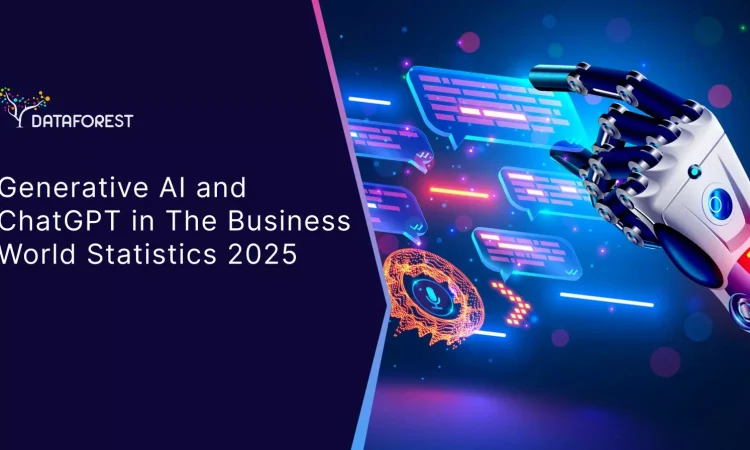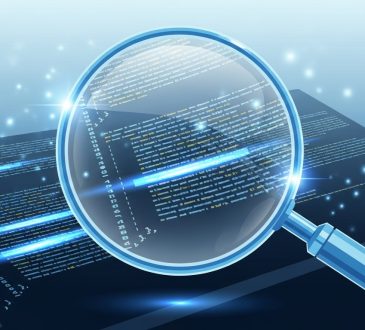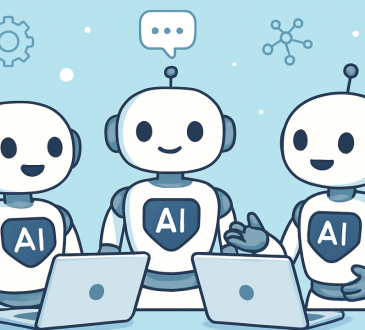
In 2025, artificial intelligence is transforming the way we work, create, and communicate. Generative AI and conversational models like ChatGPT are no longer just experimental tools—they are now essential in industries ranging from entertainment and marketing to education and healthcare. Recent advancements in these technologies are proving how AI can enhance productivity, spark creativity, and improve communication across the board.
Generative AI: Redefining Creativity and Content Generation
Generative AI refers to systems that can create new content such as text, images, music, and even code. In 2025, these tools have become incredibly sophisticated. Early versions often required significant human editing, but today’s models can generate complex, accurate, and highly personalized outputs that rival human creativity.
Key Drivers of Generative AI Advancements:
- Expanded Datasets: Modern AI models are trained on massive, diverse datasets spanning multiple languages, artistic styles, and technical fields.
- Improved Architecture: New model designs allow AI to produce contextually accurate and culturally nuanced content.
Practical Applications:
- Music and Writing: AI can compose music in the style of famous artists or write stories with consistent narrative arcs.
- Design: Generative AI creates product concepts, marketing materials, and visual content in minutes.
- Industry Use: Marketing agencies use AI for tailored campaigns, game developers generate immersive virtual worlds, and journalists produce drafts and summaries faster than ever.
ChatGPT Innovations: From Conversation to Collaboration
ChatGPT continues to be a leader in conversational AI. Once a chatbot for basic questions, it has evolved into a collaborative partner for professionals and individuals alike. The latest iterations in 2025 offer advanced reasoning, contextual understanding, and integration with other tools.
Key Features of ChatGPT Innovations:
- Professional Workflow Support:
- Legal professionals can draft contracts and summarize case law.
- Software engineers can write and debug code efficiently.
- Educators and students benefit from interactive tutoring and personalized learning plans.
- Creative Assistance: Writers, musicians, and designers use ChatGPT for brainstorming, idea generation, and real-time feedback.
- Multimodal Capabilities: ChatGPT now processes and generates text, images, charts, and structured data, creating more dynamic and interactive outputs. Users can visualize data trends, create storyboards, or generate design mockups all in one interface.
AI Ethics and Responsible Use
As these technologies advance, ethical considerations are more important than ever. AI-generated content carries risks such as misinformation, copyright issues, and bias. Developers and policymakers are working to ensure AI systems are transparent, accountable, and fair.
Responsible AI Practices:
- Explainability: Users can understand how the AI generates content and what data influences its outputs.
- Bias Mitigation: Techniques are in place to prevent AI from perpetuating stereotypes or discriminatory patterns.
- Governance: Human oversight, transparency, and regulatory compliance are critical for ethical deployment.
Enterprise Adoption and Productivity Gains
Businesses are increasingly leveraging generative AI and ChatGPT to improve efficiency and decision-making.
Enterprise Applications:
- Virtual Assistants: AI handles customer service, sales reports, and internal support.
- ERP Integration: Employees can interact with AI to extract insights, generate project plans, and predict bottlenecks, enabling agile, data-driven operations.
- SMBs and Startups: Affordable AI tools allow smaller businesses to produce high-quality marketing content, automate repetitive tasks, and scale operations without large teams.
This widespread adoption is leveling the playing field, fostering innovation, and driving global economic growth.
Future Outlook: Toward More Autonomous AI
Experts predict that generative AI and ChatGPT will become more autonomous, proactively solving problems and making decisions. Instead of just responding to prompts, future models may anticipate user needs, provide strategic recommendations, and initiate tasks across connected systems.
Potential Impact:
- Highly interactive AI collaborators for complex projects
- Enhanced creativity, reasoning, and contextual understanding
- Greater reliance on ethical standards and human oversight to ensure alignment with human values
Conclusion
Generative AI and ChatGPT are shaping a pivotal moment in AI history. These technologies are no longer confined to research labs—they are transforming creativity, communication, and collaboration across industries.
While the opportunities are enormous, so are the responsibilities. Ethical deployment, transparency, and governance remain essential. As AI continues to evolve, it promises a future where intelligent systems amplify human potential, offering unprecedented efficiency and innovation.
Staying informed about these advancements is crucial for business leaders, educators, creators, and policymakers. Generative AI and ChatGPT are no longer optional—they are shaping the way we work, learn, and create, ushering in a new era of technological and human synergy.




